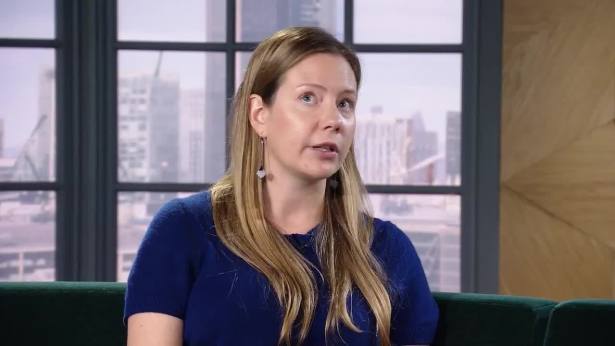
Investors do not need to worry about geopolitical tensions between the US and Iran, a number of market participants have said.
Global financial markets have been jittery in recent days after the US ordered the assassination of top Iranian commander General Soleimani on January 3.
On Saturday Iran admitted for the first time that the Ukraine International Airlines passenger that came down last week shortly after taken-off from Tehran had not crashed due to technical failure, as previously stated, but rather mistakenly shot down by Iran’s air defence system.
Geopolitical tensions
The price of gold had risen to its highest mark in the last seven years, sparking a global equities sell-off on the back of Iranian tensions.
The precious metal rose as much as 2.3 per cent to $1,580 a troy ounce, levels not seen since April 2013.
But Ricky Chan, chartered financial planner and director at IFS Wealth and Pensions, warned against investors flocking to gold in hope of diversifying against these geopolitical risks.
“Gold is a very volatile commodity and does not produce any interest or dividends so it would not be sensible to have a disproportionate amount of gold in the average investor’s investment portfolio.”
He added: “Investors should be most concerned with the 'macro' level of their financial plan – that is, if the investor’s investment strategy is still suitable for their financial plan and there is no imminent need to access the funds, then they should not worry about it, and leave hedging risks at the 'micro' level down to fund managers.”
Scott Gallacher, chartered financial planner at Rowley Turton cautioned against investors trying to “time the market”.
He said: “Bad news is part and parcel of investing, I’m very sceptical of those attempting to time the market.”
Impact on oil prices
But many in the industry said the tensions will result in higher oil prices.
Jan Dehn, head of research at Ashmore Group said: “It is conceivable that oil prices may rise further in the coming months [as] US oil companies will be vulnerable in Iraq without US troops.
“Iran will almost certainly gain influence at the expense of the US and if so Iraqi oil could fall under the control of Iran, making the latter a far more serious player in the oil markets,” he added.
Mr Chan said: “If the tensions escalate, one potential big impact would likely be a sharp rise in oil prices as Iran controls a narrow channel (Strait of Hormuz) where many oil tankers must pass through.”
Hani Redha, portfolio manager at PineBridge Investments, recommends long crude oil (Brent futures) September contracts as a hedge for idiosyncratic geopolitical risk from the Middle East.
Mr Redha added: “The oil futures curve is in steep backwardation, so one can earn a positive roll yield by buying futures further out on the curve.”







